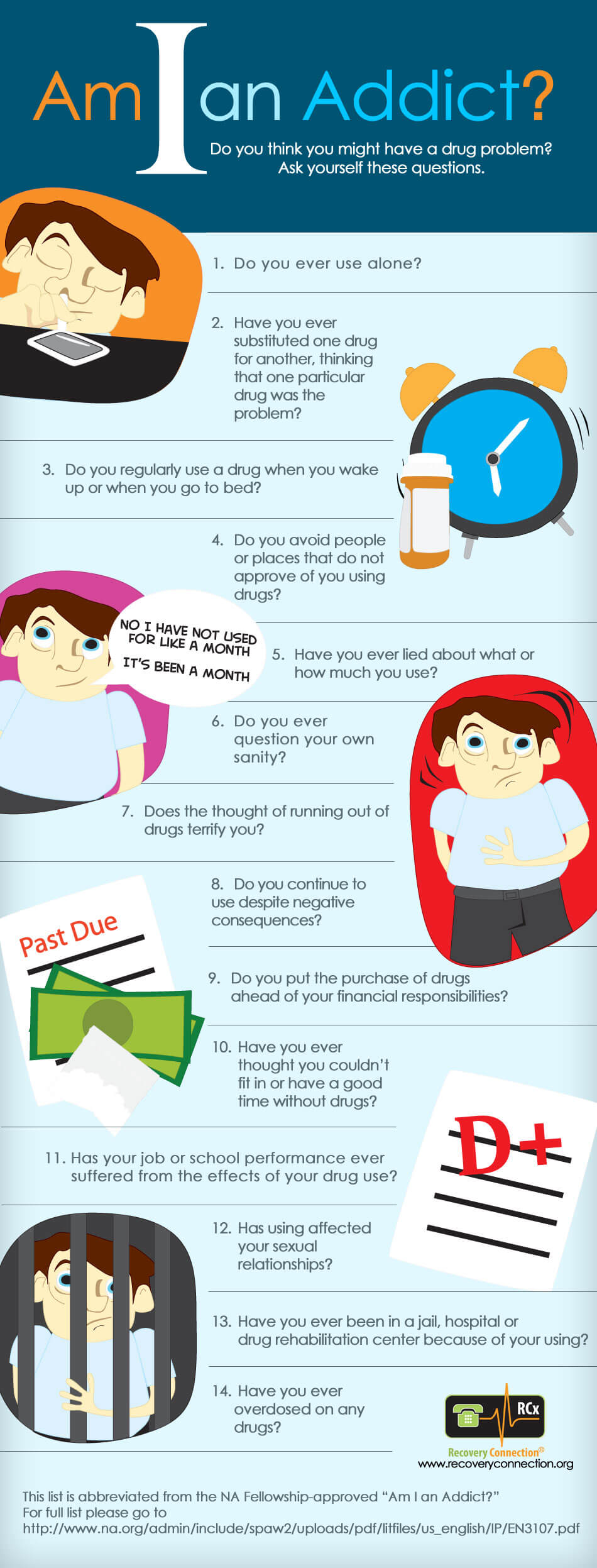Discover The Significance Of Post-Treatment Care In Substance Abuse Recovery For Sustained Recovery. Explore Just How Encouraging Networks Can Help In Keeping Sobriety And Developing A Purposeful Presence
Discover The Significance Of Post-Treatment Care In Substance Abuse Recovery For Sustained Recovery. Explore Just How Encouraging Networks Can Help In Keeping Sobriety And Developing A Purposeful Presence
Blog Article
Content By-Ennis Larson
You can't do it alone. Healing from drug dependency requires a solid support group.
The importance of aftercare in drug rehab can not be overstated. In this short article, we will check out the duty of therapy, the benefits of therapy, and the structure supplied by peer support groups in maintaining sobriety.
So, order a cup of coffee, kick back, and let us lead you with the important steps of post-rehabilitation support.
The Duty of Therapy in Aftercare
If you want to preserve your sobriety after leaving rehab, it's crucial that you continue taking part in counseling sessions as part of your aftercare plan.
Counseling plays an essential duty in your healing journey by offering recurring assistance, advice, and a risk-free area to reveal your feelings and worries.
Through therapy, you can address any type of underlying problems that might have contributed to your dependency, create coping approaches, and find out much healthier means to handle anxiety and yearnings.
It allows you to overcome any unresolved feelings and develop a better understanding of on your own and your triggers.
The Advantages of Treatment in Keeping Sobriety
To keep your sobriety, treatment can offer various advantages.
- Therapy provides a risk-free room for you to check out and resolve the underlying concerns that may have contributed to your addiction.
- It allows you to resolve your emotions and create healthier means of dealing with tension and sets off.
- Through therapy, you can obtain a better understanding of on your own and your patterns of habits, which can assist you make favorable changes in your life.
- In addition, treatment supplies you with a support system of professionals who are trained to direct and aid you on your journey to recuperation.
- They can use important understandings, tools, and methods to aid you browse the difficulties that might develop.
- In therapy, you can find out to develop healthy coping skills, develop strength, and enhance your overall well-being.
Peer Support Groups: A Structure for Lasting Healing
You can locate long-term healing by actively taking part in peer support groups and getting in touch with others who share similar experiences and objectives.
Peer support groups provide a risk-free and non-judgmental space where people in healing can come together to share their battles, successes, and understandings. By actively taking Los Angeles How to Drug Rehab at Home in these groups, you can get the assistance and support you require to remain on the course of healing.
Getting in touch with others that have actually experienced similar experiences can be incredibly empowering, as it helps you understand that you aren't alone in your trip. It also enables you to pick up from others that have actually successfully gotten over similar difficulties. Together, you can commemorate turning points, hold each other responsible, and deal advice and suggestions.
Via these connections, you can construct a solid support system that will certainly aid you navigate the ups and downs of healing and eventually locate long lasting healing and change.
https://www.vice.com/en/article/k7ezwa/what-it-is-like-to-run-a-rehab-centre-in-punjab-india-a-state-with-drug-addiction 've learned about the vital function of aftercare in drug rehab. Counseling, treatment, and peer support groups add to lasting healing. Right here's a shocking figure to grasp the size of the issue: researches show that people who get aftercare therapy are 50% more likely to preserve sobriety contrasted to those who do not.
So, envision the transformative power of these support group in helping individuals recover their lives and build a brighter, drug-free future.
